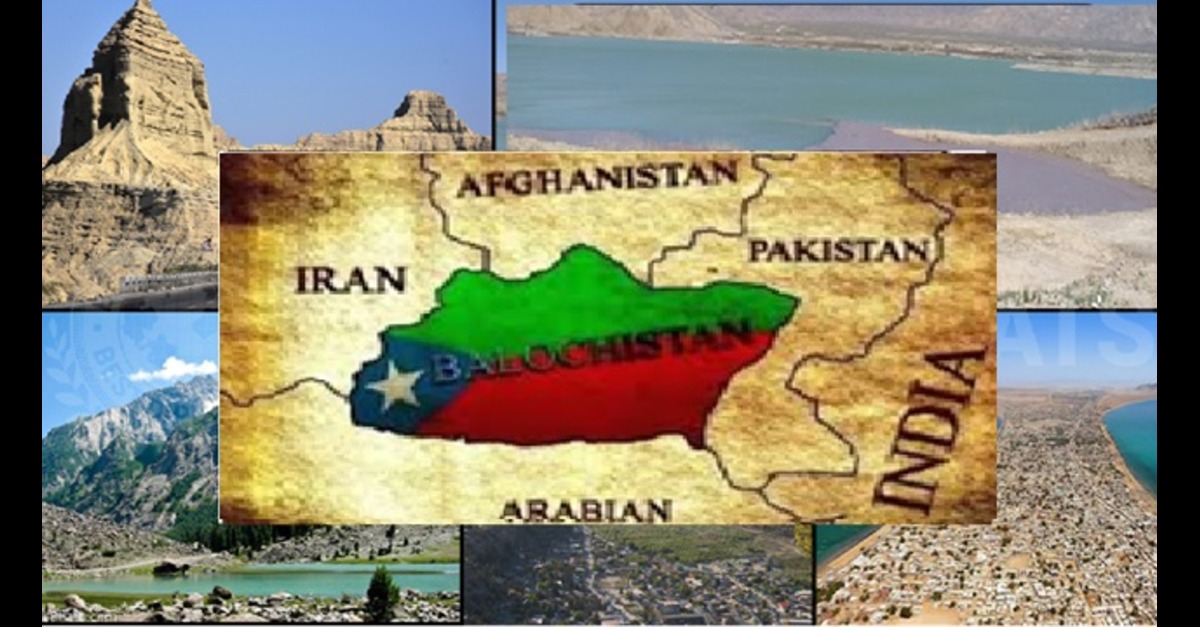Introduction
In a dramatic step up of decades-long separatist tensions, Baloch leaders on May 14, 2025, proclaimed independence from Pakistan, calling for international recognition of the Republic of Balochistan. This declaration, combined with insurgent action and pleas to the United Nations and India, constitutes a political and legal development of particular consequence to Pakistan’s territorial sovereignty under international law.
Background
Balochistan is the largest province in Pakistan yet its least densely populated, having endured decades of insurgency and Pakistani military accusations of widespread human rights abuses. Repeated cycles of nationalist calls for greater autonomy, heated mainly by movements like that of the Baloch Liberation Army (BLA), have been preceded in the past by military crackdowns. The current declaration, made by Mir Yar Baloch and others in public, posits that Balochistan has never legally joined Pakistan. While the previous secession attempts were incoherent and devoid of international participation, the latest move is unique in its timing, synchronized military action, and formal request for diplomatic recognition by the international community.
Key Points
- Assertion of Right to Self-Determination: The Baloch leadership has couched its declaration in the international legal principle of self-determination, appealing to political domination, ethnic oppression, and deprivation of fundamental rights. Such assertions, if backed by persistent evidence and accepted by states, can be the basis of remedial secession—albeit the bar is very high under prevailing international legal standards.
- Insurgency as Political Communication: The Baloch Liberation Army conducted “Operation Herof 2.0,” conducting 78 coordinated attacks at 58 targets within the province. They targeted areas to support the message of de facto separation, as insurgent forces have done historically all around the world in postcolonial secessionist movements.
- Lack of International Recognition: In spite of extensive media coverage and public appeals to the United Nations and neighboring nations, no state or international organization has formally recognized the Republic of Balochistan. Recognition is crucial under international law in determining the success and legitimacy of a secessionist state.
- Challenge to Pakistan’s Sovereignty:The statement directly challenges the Pakistani constitutional order, which treats Balochistan as a part of the province.It raises substantial legal issues pertaining to internal autonomy, federalism, and the extent of state control where fundamental democratic or human rights are continuously denied.
Recent Developments
The statement has sparked regional controversy, especially because of the clear overture for Indian support—a step that Pakistan perceives as aggressive. Indian political analysts have been struck by the moral urgency of the Baloch case but have generally avoided calling for formal recognition.Pakistani opposition politicians have cautioned that the state stands in danger of further disintegration if genuine grievances continue to be overlooked. The Pakistani legal community remains split. A few constitutional scholars believe that the state’s inability to redress decades of human rights abuses might have undermined its moral legitimacy, even if the legal basis for territorial sovereignty is still intact under international law unless a new state gains recognition.
Conclusion
The Balochistan declaration of independence is a turning point not just for Pakistan but also for international law’s understanding of self-determination.Although the declaration at this time may not enjoy the legal status of an internationally recognized state, it highlights the seriousness of chronic failure in governance. Without political discussion, participatory federal reformation, and a halt to oppressive methods, the legal pretense of sovereignty could be subjected to more profound existence challenges. The situation now shows how denial of rights over the years can turn political discontent into a global legal and ethical issue, although not yet an established statehood crisis.
“PRIME LEGAL is a full-service law firm that has won a National Award and has more than 20 years of experience in an array of sectors and practice areas. Prime legal falls into the category of best law firm, best lawyer, best family lawyer, best divorce lawyer, best divorce law firm, best criminal lawyer, best criminal law firm, best consumer lawyer, best civil lawyer.”
WRITTEN BY ADI MEHTA


